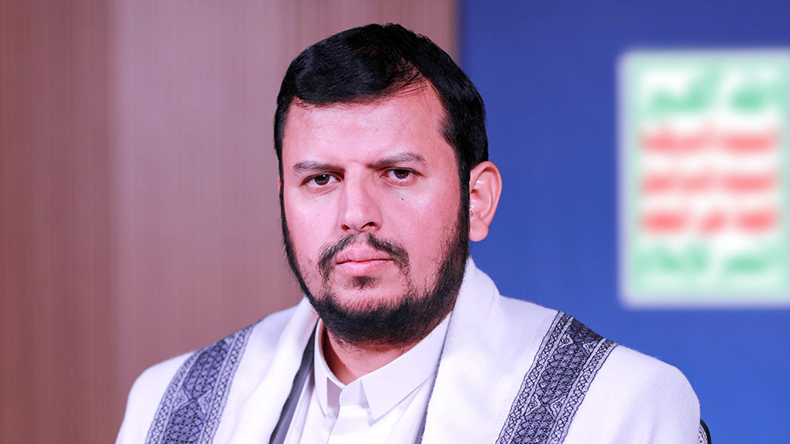WHO says cholera has killed over 910 people in Yemen since January
The World Health Organization (WHO) says cholera has killed more than 910 people in war-torn Yemen since January and nearly 700,000 suspected cholera cases has been reported.
The UN agency on Monday said in a statement, cited by Yemen’s Arabic-language al-Masirah television network, that the water-borne bacterial infection had claimed the lives of 913 Yemenis from the beginning this year until the end of September.
It added that it had also received reports of 696,537 suspected cholera cases during the same period.
“Children under the age of five constitute 25.5 percent of the total suspected cases of cholera,” WHO further said, noting that 305 out of 333 districts in Yemen have been reported as having the epidemic.
The agency also pointed out that due to heavy rains there was an expected increase in the coming weeks in cases of suspected cholera in some provinces, including Hudaydah in the west, Lahij in the southwest, Ibb in the central-west as well as the capital Sana’a.
Cholera is an acute diarrheal infection that spreads through contaminated food or water. It can be effectively treated with the immediate replacement of lost fluids and salts, but without treatment, it can be fatal.
Cholera infection first became epidemic in Yemen in October 2016 and spread until December the same year, when it dwindled.
The second outbreak began in the country in April 2017, the worst cholera outbreak in Yemen’s modern history. More than 2,500 people died of the infection within an eight-month period that year. Figures showed 380,000 cases for all of 2018.
Saudi Arabia and a number of its regional allies launched the devastating campaign in March 2015, with the aim of bringing a former government to power and crushing the Houthi Ansarullah movement.
Airstrikes conducted by the Saudi-led coalition have brought about considerable damage to Yemen's infrastructure, including the sewage systems. They have also destroyed pr partially destroyed many hospitals and medical centers in the impoverished country.
The US-based Armed Conflict Location and Event Data Project (ACLED), a nonprofit conflict-research organization, estimates that the war has claimed more than 91,000 lives over the past four and a half years.
'Blatant war crime': Iran denounces US-Israel strikes on Gandhi hospital in Tehran
IRGC spox: 650 casualties for US military in two days as Iran missiles force aircraft carrier to fle
Tehran warns of false-flag operations, says Israel ‘undoubtedly’ seeking to widen war
New wave of attacks devastates key US base in Bahrain as Iran strikes back
Melania Trump chairs UN children's meeting as Iran buries kids killed in US-Israeli attack
Why Iran’s Leader refused special protection, leading from the front until last breath
Hezbollah strikes Israeli surveillance, military base in Golan Heights, occupied lands
Iran holds funeral for scores of schoolgirls murdered in US-Israeli aggression















 This makes it easy to access the Press TV website
This makes it easy to access the Press TV website